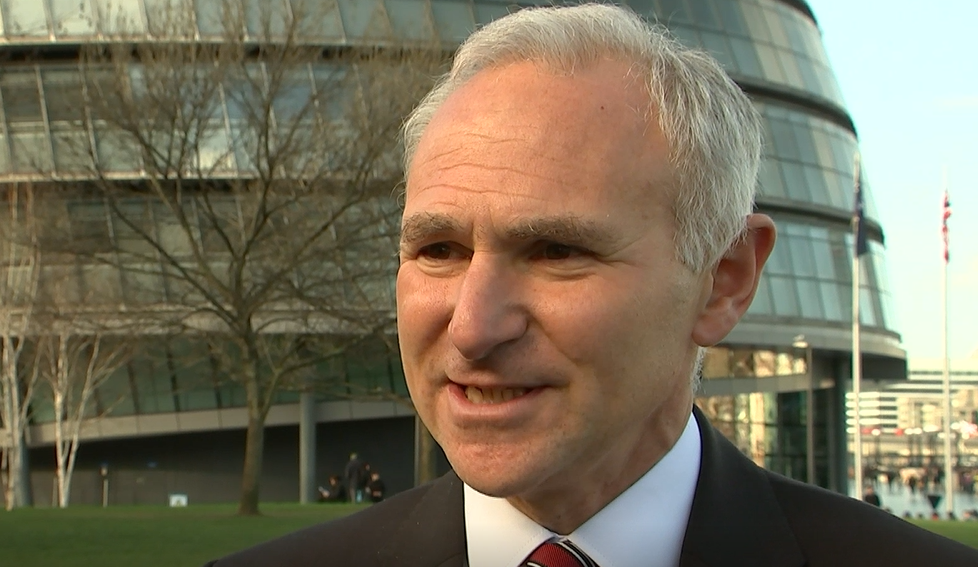Value for Money tsar linked to string of overspends

- Published
The government's new Value for Money chief has headed up several big projects that went massively over-budget.
David Goldstone has previously worked as a top executive on the London Olympics, Parliament's restoration and HS2 high speed rail.
He will now head up the government's new Office for Value for Money (OfVM), external, advising Chancellor Rachel Reeves on "how to root out waste and inefficiency", according to the Treasury.
Downing Street defended his appointment, saying Mr Goldstone is a "highly experienced public sector leader" with a "track record of working on complex high-value programmes".
Ministers to oversee HS2 build as costs 'spiral'
- Published20 October 2024
Rachel Reeves doesn’t mind if you don't like her Budget
- Published31 October 2024
UK borrowing costs at highest for a year after Budget
- Published1 November 2024
Asked if he represented value for money, a Number 10 spokeswoman said "yes".
Reeves announced his appointment saying it's "vital that we are driving efficiency and reducing wasteful spending" and his role would "help us realise the benefits from every pound of public spending".
However, responding to the Budget on Wednesday, Reform UK leader and Clacton MP Nigel Farage said Mr Goldstone had "served for many years on the board of HS2, which I would suggest is the very opposite of value for money".
The resurrected high speed rail project, HS2, had an initial budget of £38bn in 2009, but is now expected to cost at least double that.
Mr Goldstone's LinkedIn page lists a position on the HS2 board from January to June 2012 and again from 2024, where he is a Treasury nominee, although he does not appear to have been in post in the intervening years.
He was the finance and programme director of the Government Olympic Executive, delivering the 2012 London Olympics that cost three times as much as expected, coming in at £9bn.
Mr Goldstone was also chief executive of the Houses of Parliament Restoration and Renewal project and was mauled by MPs last year for receiving a £168,000 bonus, external, despite delays costing about £100m a year in maintenance costs.
Speaking to LBC, Conservative leadership hopeful Kemi Badenoch said there should not be a need for an office to determine value for money.
She said: "We are constantly trying to solve problems with more quangos, more bureaucrats, more politicians. This is not how you deliver growth.
"We should be able to determine value for money within the civil service itself.
"If they cannot do that, then I have no confidence that an Office for Value for Money will know how to do that either - that expertise should already be in the Treasury."
The OfVM will have a team of 20 civil servants working under Mr Goldstone, who is expected to stay in post for one year, with the "possibility of extension", according to the Treasury.
Mr Goldstone's salary is understood to be about £950 per day for an average of one day a week's work - a total salary of roughly £50,000 a year.
When it was put to Treasury minister Darren Jones that the OfVM salary would be worth £250,000 if he were full-time - significantly more than the prime minister is paid - he told LBC the "rate of return for the improvements... will be far, far greater".
Jones added: "We can't expect people to work for free.
"Actually, the day rate for David is, on a benchmark basis, competitive."
The Treasury has been contacted for comment.